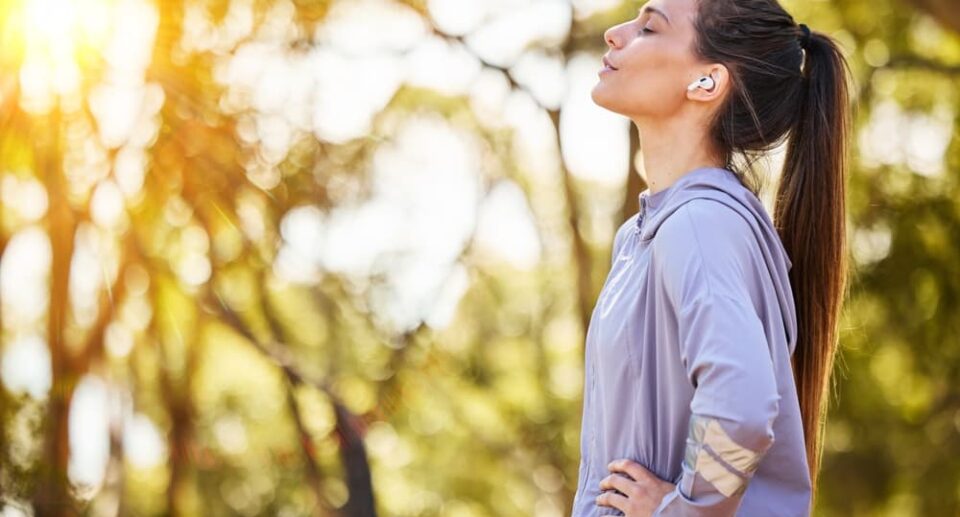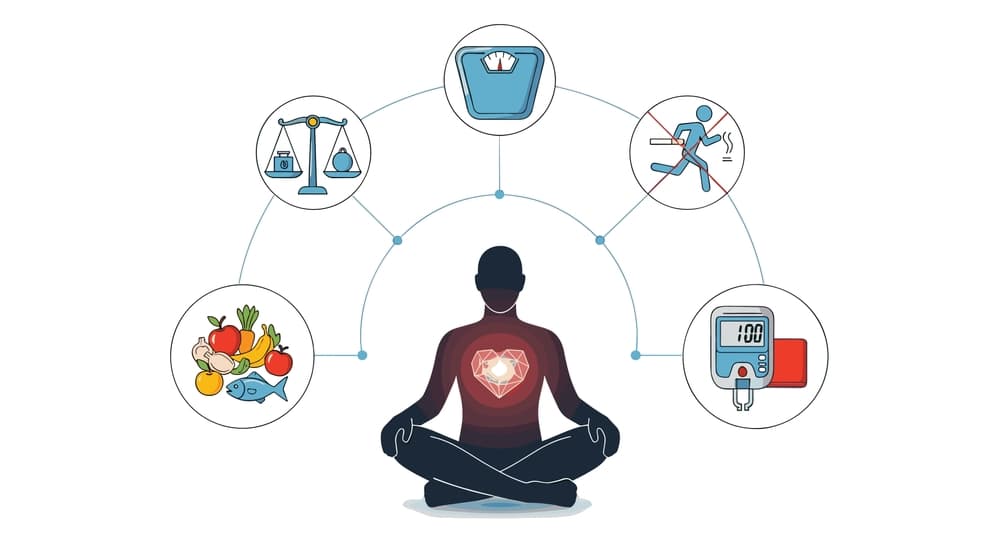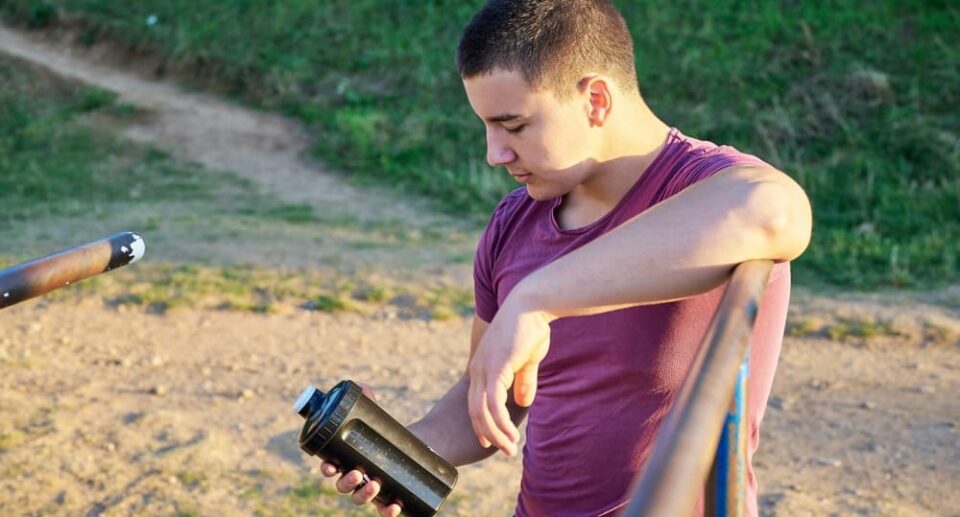Best offline hobbies to improve mental wellness


Social media, notifications, and work pressure are now our daily companions. And for this, we regularly read on mobiles, laptops, or computers. It has been seen that although these make our lives easier, they make us mentally tired at the end of the day. So now it’s time to take a break and find some of the best offline hobbies to improve mental wellness, which will keep the mind calm and fulfilled.
When you get away from the screen and spend time in nature, write a diary, or do gardening, these activities have a profound impact on our mental health. They keep our heads healthy and increase creativity inside. These offline hobbies are not just a way to spend time; they revitalize the mind, reduce stress, and bring back balance to life.
Mental peace through creative hobbies
Creative hobbies are the most important thing for improving mental health offline. Through this, your inner talent is revealed. When we are immersed in any creative work, our brain focuses on the present moment, which automatically helps reduce anxiety and stress.
Art and Painting: Emotional Release through Painting
Drawing is seen as a type of mental therapy. When you draw a picture, you do not need any special skills. You will start drawing pictures of what goes on in your mind, which will express your inner emotions and feelings well.
Stress and Anxiety Reduction: When someone starts drawing a picture with a paintbrush, a different state is created inside them. And there is no anxiety or mental stress inside. This creates a kind of “flow state”, where you forget about time, and mental stress starts to decrease.
Increased attention: Repetitive patterns like drawing mandalas or simple doodling help keep the mind fixed in one place. It works like a meditative process, which teaches you to focus on every scratch and color of the present.
Expressing emotions: Sometimes it isn’t easy to express your inner feelings through words. Art gives a visual form to those unexpressed emotions, anger, or frustrations. It is a healthy way to release stress or pain.
Journaling and creative writing


When you freewrite, meaning you write whatever comes to your mind without following any rules of grammar or spelling, your inner emotions are released. All your inner anger and resentment go out on paper. And these things make you feel lighter.
Writing a gratitude journal every day improves your mental health. You will write down small events throughout the day in a diary, so that negative thoughts do not come to you.
Write three sentences daily about what made you smile today.
Crafts and DIY: Confidence and Satisfaction
Crafting is a great way to get away from the digital world.
Screen Distance and Focus: Doing the same thing over and over again, like knitting, sewing, or woodworking, creates a rhythm. This rhythmic motion calms the mind and reduces distractions. It effectively distracts you from your digital screens.
Problem Solving and Confidence: When you complete a DIY project, you feel a sense of accomplishment and satisfaction. The confidence that comes from seeing something you have made with your own hands plays a key role in increasing your mental strength. These hobbies teach you to focus your attention on the task at hand.
Nature and Physical Hobbies
Getting away from your screen-based lifestyle and engaging in nature and physical activity can do wonders for your mental health.
According to Harvard Health, spending time in nature and engaging in physical activities can lower cortisol levels, the body’s primary stress hormone, and significantly improve mood and mental clarity.
Gardening


Gardening is not just a hobby; it is a form of active therapy. The process of planting a seedling, caring for it, and watching it grow brings profound peace of mind.
Mindfulness and Patience: The long process, from sowing a seed to harvesting a crop, requires attention. This practice teaches people to focus on the present moment and encourages patience with the slow pace of life. It acts as a soil-based meditation.
Responsibility and Satisfaction: There is a deep satisfaction in enjoying something you have created with your own hands. When you see a flower or a vegetable plant growing, it gives you a sense of confidence and mental satisfaction. It helps reduce depression and loneliness.
Start with two easy-to-care-for plants like aloe vera or basil.
Walking and hiking: Exercise in nature
Physical activity is one of the fastest and easiest ways to improve mental health. Walking or hiking in nature makes it even more effective.
Endorphin release: Any physical activity releases endorphins in the brain, which are known to be natural pain relievers and mood-enhancers. Regular walking significantly reduces symptoms of anxiety and depression.
Cognitive boost: Walking in green spaces or in nature improves brain function. Exercising in such places increases attention span and reduces mental clutter.
Opportunity for digital detox: Hiking or long walks create a chance to put away your mobile phone and immerse yourself in the scenery of nature. It is a great way to stay completely offline and recharge your mind.
Yoga and Meditation: Mindfulness Practices
According to Mayo Clinic, mindfulness practices reduce anxiety and improve emotional balance, helping you handle daily stress more effectively.
Yoga and meditation have been practiced for hundreds of years for mental and physical health. It is an offline hobby that helps us access our inner world.
Learn More: The role of yoga in improving mental wellness
Stress reduction and breathing control: During yoga, focus is placed on proper breathing, which activates the parasympathetic nervous system and calms the body’s ‘fight or flight’ response (stress response).
Body and mind balance: By practicing various yoga poses, the body’s flexibility increases and physical pain decreases. It improves physical health while also calming and stabilizing the mind, which is essential for mental stability.
Mindfulness Practice: Meditation is the practice of paying attention to the present moment without judgment. Regular meditation reduces mental reactivity and builds the ability to remain calm in any problematic situation.
Learning and Mindful Hobbies
Learning something new offline and consciously practicing mindfulness sharpens mental abilities and makes life more meaningful.
Reading books


This is one of the best offline hobbies. When reading a physical book, the reader is forced to be immersed in a story or idea for a long time. This dramatically improves attention span and focus. Whether it is fiction or non-fiction, books provide a temporary relief from the worries of our daily lives. By connecting with the characters in the book, the reader easily gets rid of stress, which is very beneficial for sleep and overall mood. By learning about new ideas or the lives of people from different cultures, the reader increases their knowledge. It helps to develop empathy for others, which is very important for social and mental health.
Learn More: Best books to read for improving mental wellness
Learning a new language
The process of learning a new language creates a kind of neural pathway in the brain. It builds the brain’s cognitive reserve, which can reduce the risk of memory problems or dementia in old age. Memory is constantly exercised to remember vocabulary, grammar, and pronunciation. In addition, the ability to quickly switch from one language to another improves multitasking ability. Learning a new language is not just about memorizing a few words, but also about learning about the culture and lifestyle of the people who speak that language. It broadens mental horizons.
Increased attention levels: When creating music, the brain has to simultaneously remember the melody, rhythm, notes, and finger positions. This coordination greatly improves the level of attention and focus.
Reduced stress: Playing a song or simply composing a melody is a gratifying and calming process. It is a creative and effective way to relieve stress.
Sensory and motor skills: Playing musical instruments improves fine motor skills and the ability to hear sounds through the ear. It teaches you to establish quick communication between different parts of the brain.
Social connection hobbies
Establishing social relationships is very important for mental well-being. Offline hobbies are very effective in eliminating loneliness and increasing emotional support. These hobbies strengthen our relationships and bring joy to life.
Playing board games is one such hobby. Playing board games or solving puzzles face-to-face with friends or family without a digital screen creates an opportunity to spend quality time. It increases brain stimulation and reduces stress through laughter.
In addition, cooking or baking for loved ones is also an expression of love. Cooking in a group provides the joy of cooperation or teamwork.
The most important thing is to join a club or community. By associating with people with similar interests, a mental support network is created, which adds a sense of security and belongingness to life.
FAQ
Q1: Which offline hobbies reduce stress the most?
A: Activities like journaling, walking in nature, meditation, and light exercise effectively lower cortisol and boost mood.
Q2: How much time should I spend on offline hobbies daily?
A: Spending 30-60 minutes daily helps improve mental wellness and maintain emotional balance.
Putting It All Together
In life, we often get lost in the world of screens, but it is essential to make time for mental health. Small offline hobbies to improve mental wellness.
Including these hobbies in your daily life not only brings peace of mind but also strengthens your connection with yourself. Start a new hobby today, get away from the screen, and give yourself some time for your mind, and see how small changes lead to immense happiness and well-being.
Your mental wellness deserves a break from the screen start with one offline hobby today and see how your mood transforms.









